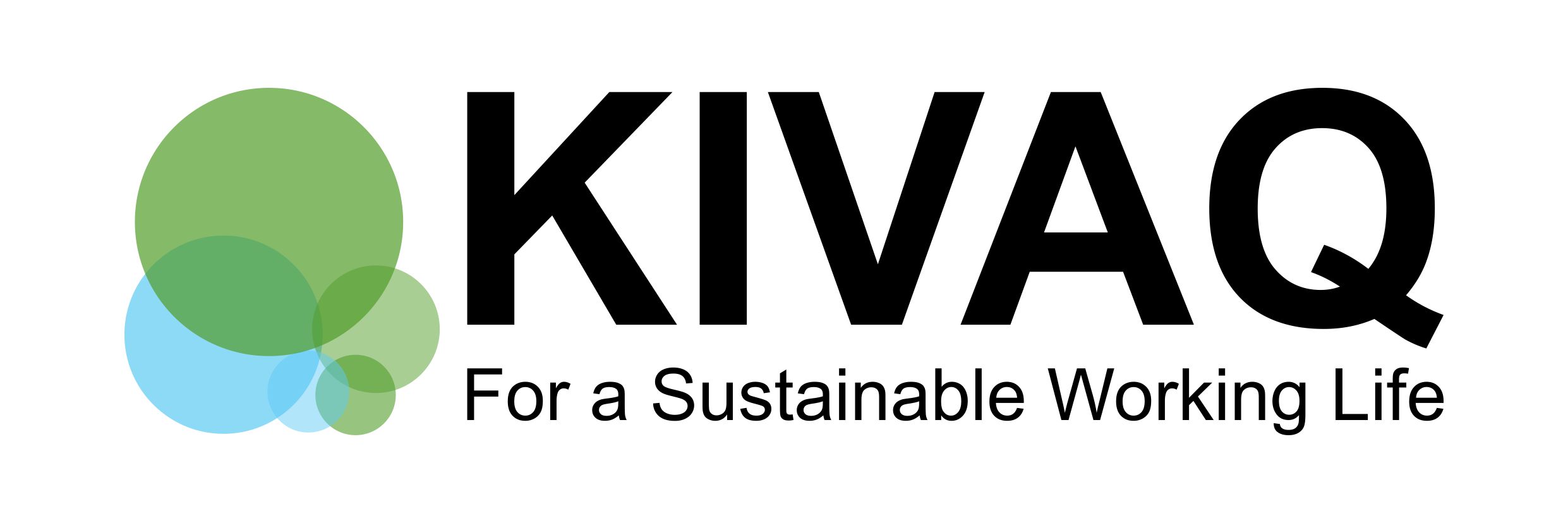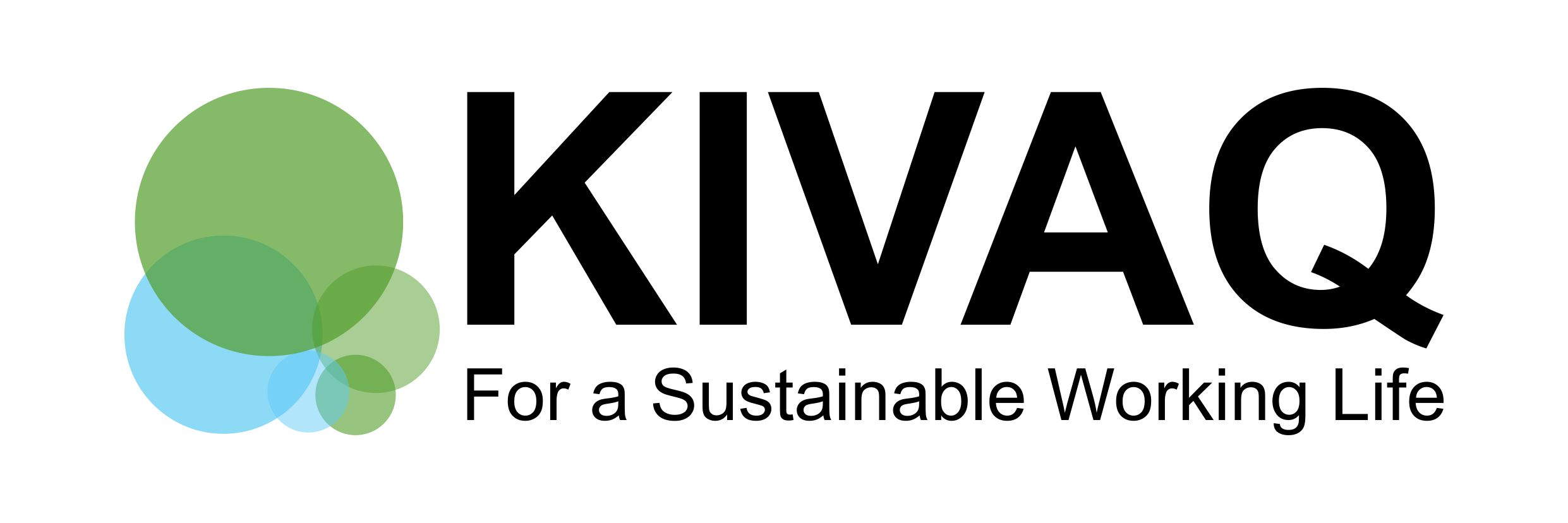Blog: Co-creating leadership and workplace culture together
Today many expect endless characteristics and abilities in a superior. There is no limit to the lists of expectations and desired qualities that can both be seen in job ads, articles, and power point presentations. It´s exhausting to read, and is it even the key to success?
I do agree that a superior should be interested in leading people, be communicative and collaborative, have basic competence and an interest in the activities and goals of the organisation. But what else does the superior need in order to succeed in his/her important task? In this blog I will discuss a few issues (there is obviously a lot more that can be added), seen from my point of view, working both with superiors, operational boards and personnel groups.
Introduction and discussion
If we go back to basics, an introduction to the superior position is something that should be evident and obvious. But this is not always the case. Here are three things that should be a must in the introduction.
- Is the employer´s expectations of the new role clear? Thorough discussion on the work description, expectations and visions are essential in order to assure that there is a mutual agreement of what the new superior´s core task is.
- The superior should always when possible overlap with his/her predecessor to catch some of the silent information that cannot be transferred through manuals or directives. Open questions about the predecessor’s insights can be interesting for the new superior to pick up and start his/her journey of learning.
- The employer should together with the new superior make an individual development and learning plan based on the skills and background of the employee. This in order to ensure proper and long-term coaching and support in the new role.
The support and engagement of the entire personnel
A superior has (especially in the beginning) limited insight in the activities and employee experiences. Collective learning. i.e. including the entire workplace, is essential to a successful work community.
Employees are positioned on different levels in the organisation, with different competencies, insights, responsibilities, and everyday experiences. This is extremely valuable information which should be used. In order to stay connected to the real world and develop the activities and goals according to need, communication and dialogue is required. A superior has no possibility to pick up on all the signals and read the employees in the hectic everyday life, and there should be a time and place for the collective learning and developing.
One common symptom of lack of dialogue is the employee experience of not being able to influence factors concerning your job, and vice versa, leaders may experience that the employees don´t take responsibility for their own work. In both cases this can be noted for example in work wellbeing polls and surveys.
Having a forum for employees to share experiences with the superior present, reflecting together on what they learned from different cases, and where they want to go from here is essential for high employee wellbeing and increased work productivity. John Dewey said it well: “We do not learn from experience – we learn from reflecting on experience.”
“There is no work wellbeing without superior work wellbeing”
If you don´t take care of your own resources, you cannot take care of your employees´ resources. Being a superior is hard work on many levels, both in daily activities, but also on an intrapersonal level.
Both Ristikangas (2015) and Sydänmaanlakka (2017) stress the importance of self-awareness. Many superiors have previously had an expert-role which can cause confusion and challenges. What is my current role, how do I manage my time, how do I include my employees etc. The questions can be many. The transformation to superior is many times a challenging process which requires both courage, conscious choices, and concrete action.
Having a haven for your own process, thoughts and feelings with an own job coach is an excellent investment both in a healthy organisation, but also in sustainable leadership on an organisational level, a striving team, and in life quality for the superior him/herself.
If there is a need in your organisation to address some of the themes in this blog, we in KivaQ can help you. Don´t hesitate to ask more.
Author and contact: Sabina Simola-Ström, MSc, facilitator, instructor in constructive communication, job coach and process consultant (-2021)

